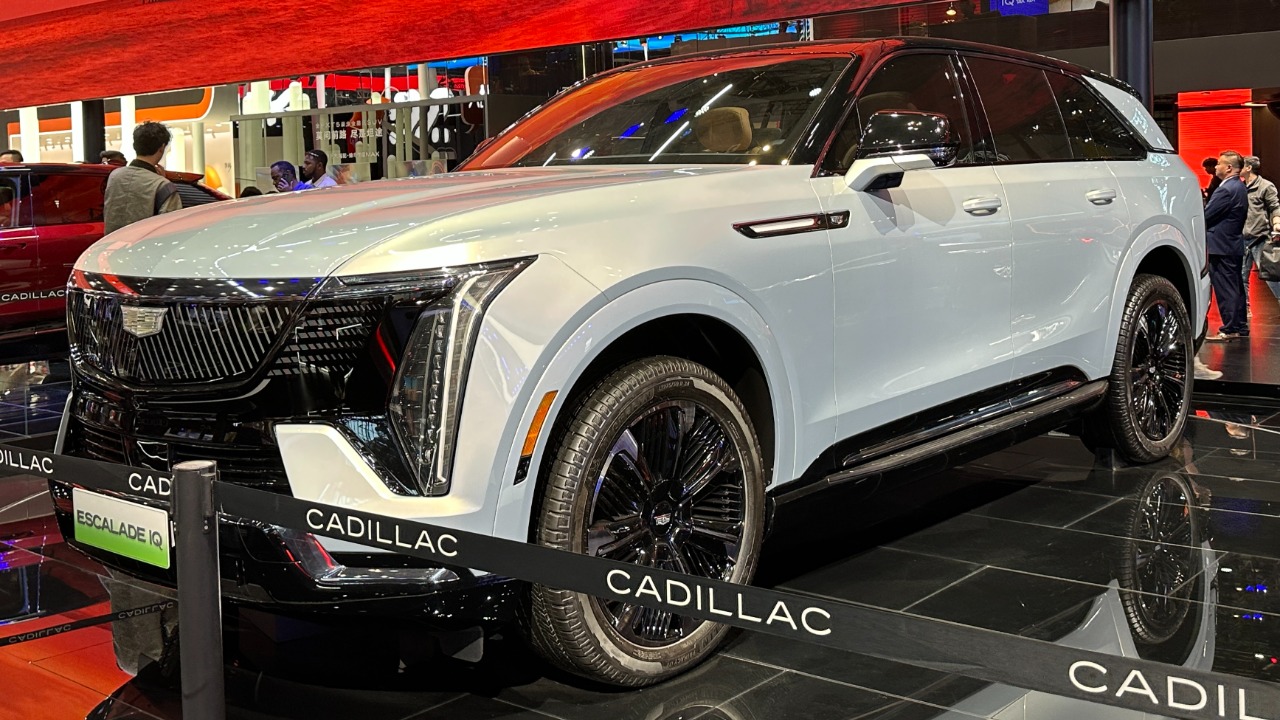
General Motors (GM) has announced a significant upgrade to its vehicle infotainment systems, with Google Gemini set to power a new in-car AI assistant starting next year. This move marks a shift in GM’s strategy, as it plans to remove Android Auto and Apple CarPlay from more gas-powered cars to prioritize its native Gemini-powered system.
GM’s Shift to Native AI Integration
GM’s decision to remove Android Auto and CarPlay from more of its gas-powered cars signals a shift towards a more streamlined user experience with built-in technology. This move aligns with GM’s strategy to build a Gemini-powered assistant as the core in-car interface, reducing reliance on external devices. This transition is part of a broader trend in the automotive industry to integrate advanced technology directly into vehicles, enhancing the driving experience.
GM’s timeline for implementation indicates a broader adoption of the Gemini-powered assistant in its vehicles starting next year. This move is expected to revolutionize the way drivers interact with their vehicles, providing a more intuitive and seamless user experience.
Google Gemini’s Role in Next-Gen In-Car AI
Google Gemini is set to be the powering technology for GM’s next-gen in-car AI, enabling enhanced voice and interaction features. Gemini’s advanced AI capabilities will revolutionize driver interaction by processing complex queries and providing contextual assistance during drives. This marks a significant step forward in the development of in-car AI technology.
GM plans to roll out full next-gen capabilities powered by Google Gemini in its vehicle lineup by 2026. This timeline suggests a progressive integration of Gemini into GM vehicles, starting with select models next year.
Timeline for Gemini’s Arrival in GM Vehicles
The initial arrival of Google Gemini in GM cars is set to start next year, with the new Gemini-powered assistant being introduced in select models. This marks the beginning of a significant technological upgrade for GM vehicles, enhancing the in-car experience for drivers.
GM plans to progressively bring the new Gemini-powered assistant to its cars throughout next year. By 2026, the company aims to power its next-gen in-car AI with Google Gemini, ensuring widespread availability across its vehicle lineup.
Benefits of Gemini-Powered Assistants for Drivers
The Gemini-powered assistant is expected to enhance everyday driving tasks, such as navigation and entertainment control, without needing phone connectivity. This will revolutionize driver interaction, making in-car AI more intuitive and responsive to natural language inputs. The assistant will be able to process complex queries and provide contextual assistance, enhancing the overall driving experience.
GM’s strategy to prioritize this native system over Android Auto and CarPlay aims to provide a seamless, integrated experience for drivers. This move could set a new standard for in-car technology, with other automotive manufacturers potentially following suit.
Broader Implications for Automotive AI Partnerships
GM’s collaboration with Google to integrate Gemini positions the company as a leader in AI-driven vehicles. This partnership is indicative of a broader trend in the automotive industry towards AI integration, with other manufacturers likely to follow suit.
Google’s Gemini AI has potential for advancements in other sectors as well. For instance, design platforms like Figma have partnered with Google to add Gemini AI capabilities. This suggests that the technology could be applied across a range of industries, revolutionizing the way we interact with technology.
The decision to ditch legacy systems like Android Auto and CarPlay could influence industry standards for in-car technology by 2026. As more automotive manufacturers integrate advanced AI technology into their vehicles, we could see a shift towards more intuitive, responsive in-car systems.
More from MorningOverview